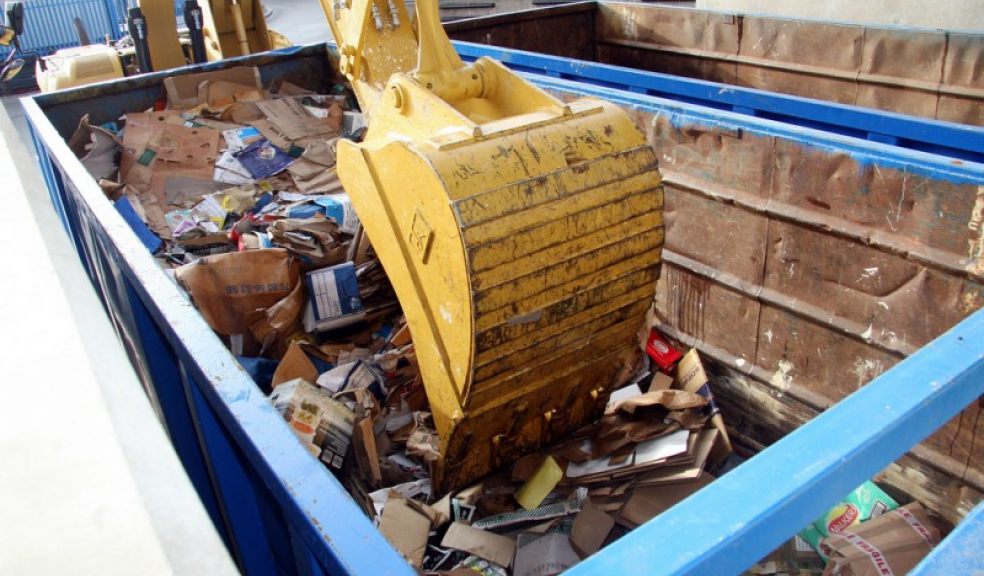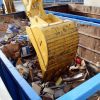
Major Devon waste plan approved
Devon County Council has welcomed the Inspector’s report on the Devon Waste Plan.
Following the examination hearings into the Devon Waste Plan that were held this summer, the report concludes that, with the modifications recommended by the Inspector, the Plan is sound and provides an appropriate basis for waste planning in Devon over the period to 2031.
It is now the responsibility of the County Council to consider the adoption of the Plan, which is anticipated by December 2014.
Once adopted, the Devon Waste Plan will provide the policy for waste management proposals in the county to 2031
It aims for the county’s waste to be managed more sustainably through reduced waste creation, increased recycling, and the provision of additional facilities to generate energy from the remaining waste. These measures will ensure that the proportion of waste that is landfilled will reduce from around 45% to 5%.
Councillor Jerry Brook, Chairman of Devon County Council’s Development Management Committee, said: “We welcome the Inspector’s report and its conclusion. It endorses the approach we have taken in preparing and consulting on the plan over the past four years to reach this stage. Local communities have been involved all the way through the process and they have had the opportunity to address the Government Inspector. We will now be considering the adoption of the Plan.”
One of the changes to the Plan commits the County Council to an immediate partial review of the Plan if landfill capacity falls below that predicted by the Council. This is due to the considerable uncertainty surrounding the future of landfill provision, which the Inspector acknowledges and considers that it would not be in the public interest to delay progress on the Plan.
The five strategic energy recovery sites (Brynsworthy, Greendale Barton, Hill Barton, Tiverton Eastern Urban Extension and Heathfield) have been confirmed by the Inspector as suitable for inclusion in the Plan, although Greendale Barton and Hill Barton in East Devon have received a cap on their combined capacity.
Energy recovery can include anaerobic digestion, pyrolysis, gasification, or incineration. As the Waste Plan looks so far ahead, it does not prescribe the type of facilities that may be appropriate in each location, so as not to rule out any innovative or sustainable technologies coming forward in future, and the County Council has no proposals itself for building waste facilities at any of the site options.
Work on the plan started in Spring 2010. It has undergone four rounds of public consultation and a number of public exhibitions have been held across the county.
The Inspector’s Report is available to view here http://www.devon.gov.uk/inspector_s_report.pdf

















